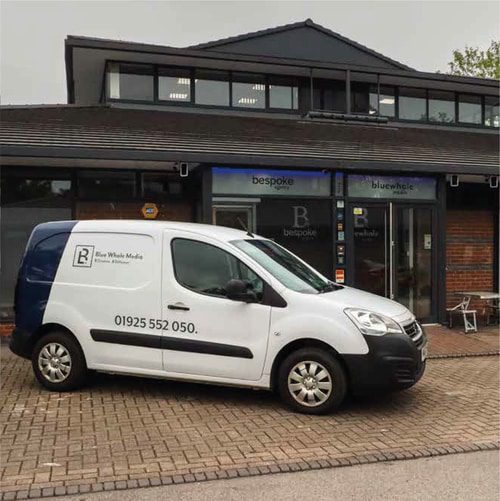
How To Target High Volume Keywords
A search engine optimisation campaign can have various different goals depending on the website or business objectives. Sometimes it’s a simple case of getting a better Google ranking position for a page, or sometimes a client is looking for more tangible results such as more website traffic or even higher conversions.
In this blog, I will outline how your website can target competitive, highly searched and in-demand keywords for your website SEO.
What does Google want?
“What does Google want?” may sound like we’re pandering to the search engines and ignoring the user, but it’s actually an easier way for us to understand what the user wants. Over the years, Google has changed massively in the way it shows search results. Search results are no longer static and identical, they are in fact highly dynamic and constantly changing depending on different factors such as your search history, location and device.
Today, we can easily (most of the time) find out what users are looking for when they search a keyword by simply seeing what Google ranks on the first page. I say most of the time because it’s not that simple and even Google understands that – you can see mixed search intent results on a lot of headline keywords.
You can search Google for your headline keyword and get a very good idea of the search intent by seeing what Google ranks on the first page. For example, search for [iPhone X] and you may see that the majority of ranked websites are eCommerce websites which are selling the iPhone X. Here, we can gauge that the search intent according to Google’s own data is that the majority of searchers are looking to buy the product.
Through this method, you can easily see if the headline keyword is something that you should actually be targeting – if your headline keyword has 8 eCommerce websites ranking on the first page but your website is a mobile hardware blog, perhaps you should look for a different keyword to target.
Satisfy Google
Once you find a good headline keyword and the search intent matches the page you’re trying to rank, the next question to ask is “how can my page satisfy Google?” Yep, another question that looks like we don’t care about the user! Once again, over the last few years Google has massively weighted the user experience of a website and webpage when it comes to ranking signals. This is massively evident through search algorithm updates such as the website speed update, HTTPS update forcing websites to become secure, mobile-first indexing, the famed “mobilegeddon update” and the latest page experience update/core web vitals update.
Of course, Google isn’t just satisfied by the page user experience. You also have to see how you can make your page relevant and authoritative enough to rank on the first page. This means looking at the age-old principles of SEO: good content and quality backlinks! You should have a look at what the other top ranked websites are doing in this regard. What type of content do they have on their page? How is it relevant to the keyword? What type of backlinks do they have and why would Google care about those links? In the end, you have to trust your own judgement. Competitor analysis isn’t about just copying whatever someone else is doing, it’s about analysing what they’re doing and how you can do that better. You may also find out that the competitors are lacking in specific areas in which you can focus on.
Return on investment
Another thing to think about is return on investment. A keyword with 20,000 search volume may provide a lower return on investment than a 1,000 search volume keyword. Keeping with the eCommerce examples, if you’re trying to rank your products you should be aiming for keywords such as [buy iPhone x] or [iPhone x for sale]. These keywords will have a lower search volume than the headline keyword of [iPhone x] but we can clearly see that every single person searching those keywords are ready to purchase the product – so you may end up with less traffic but more conversions and therefore sales.
Build up
Once you’ve gone through these checks and finally identified your target keyword you can finally start the fun process: building your website SEO! You’ve researched your keywords, looked at your competitors and hopefully you now have a good idea of what you need to do in order to increase your website rankings.
If you would like to increase your website traffic and rankings, contact Blue Whale Media today! We can handle all aspects of your SEO campaign along with a free website audit and a no-obligation quote.





